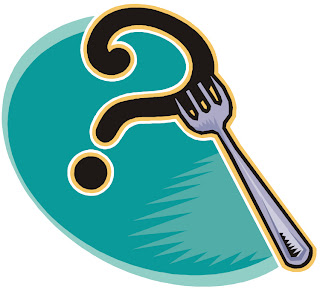Anyway, today's Horseshoe Award for getting close to the right word goes to a local radio host who, speaking on the current immigration imbroglio, allowed that Arizona governor Jan Brewer's "got some kahunas."
Oh, dear. It's always dangerous launching into a foreign language in which we are not fluent. Ever since I learned that JFK's famous line to embattled, but gracious, Berliners actually translated to "I am a jelly doughnut," I have feared the foreign phrase.
"Kahuna" is a Hawaiian word meaning shaman or sorcerer. The Big Kahuna was a fictional surfer in the Gidget movies/TV show. I feel sure Gov. Brewer is not employing a gaggle of Hawaiian shamans or surfer dudes.
We all know the hapless radio guy meant to say "cojones," which, literally of course, Gov. Brewer certainly does not have, either. But the somewhat vulgar phrase translates to courage or daring. It seems to me that Gov. Brewer's feistiness casts considerable doubt on the equation of "cojones" with combativeness.

